News
Permanent exhibition takes place in Taiwan Hakka Museum
- Source:客家文化發展中心
- Publication Date:2021/01/18
- Last updated:2021/03/24
- Count Views:1551

A permanent exhibition titled “THANK YOU HAKKA (承蒙客家)” officially kicked off in Miaoli County’s Taiwan Hakka Museum on Nov. 1, 2019.
The content of the exhibition reinterprets Hakka culture from five tropes, namely History of Hakka, The World and Hakka, Civic Life and Hakka, Culture and Hakka, and Civic Society and Hakka. It is hoped that this exhibition would show how Hakka culture is an indispensable part of cultural diversity in Taiwan, and depict the ways in which Taiwan enriches the Hakka culture just as Hakka culture enriches the universal value of Taiwan’s culture.
History of Hakka
How do Hakka people from different eras and different places talk about their own history? Exploring the origins of Hakka people and the formation of the Hakka identity from the three angles of “history and the construction of ethnic origin,” “historical events and ‘righteousness’ explained” and “indigenous history and new life history,” one can observe several theories vis-à-vis the historical origins of the Hakka people.
The World and Hakka
The topics of “Map of Global Distribution of the Hakka People”, “Diversity of Hakka Culture” and “Global Hakka Network” allow us to recognize the diversity of Hakka people globally, as well as the global network of Taiwanese Hakka.
Civic Life and Hakka
This unit presents aspects of the Hakka people’s civic life and culture traits from the two topics of “The Everyday Practice of Hakka People’s World View” and “Cultural Modernity of Civic Life”, in the process also bringing out the implied concepts of culture and contemporary practice.
Culture and Hakka
Hakka artists repeatedly interpreted the times through literature, music, theatre among other forms in order to remind and inspire self-reflections and cultural creativity among society as a whole.
Civic Society and Hakka
Through participation in peasant movements, labour movements, opposition to improper levy due to urban planning, and anti-dam movements, the Taiwanese Hakka successfully worked together with local residents to preserve cultures.
